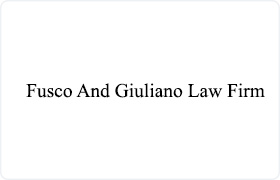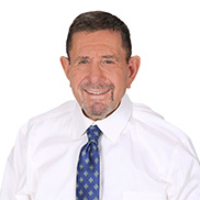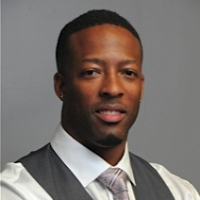 Winchester Center DUI-DWI Lawyers, Connecticut
Winchester Center DUI-DWI Lawyers, Connecticut
Sponsored Law Firm
-
 x
x

Click For More Info:
-
Fusco And Giuliano Law Firm
39 Russ Street Hartford, CT 06106» view mapCriminal Defense Law Working Relentlessly For You
Fusco And Giuliano Law Firm serves clients in Hartford, CT and the surrounding areas.
800-731-1370
Sponsored Lawyers
1-9 of 9 matches
Criminal, Accident & Injury, DUI-DWI, Car Accident, Personal Injury
With over four and a half decades of practicing law, Attorney Brian J. Woolf, Esq. brings a wealth of legal knowledge and vast experience to his practice, having advocated for countless defendants in criminal proceedings and assisted many individuals in securing compensation for significant and life-altering injuries. Brian offers comprehensive legal services across a broad spectrum of areas including criminal defense matters. Born in Johannesburg, South Africa, Brian moved on to complete his undergraduate studies at the Hebrew University of Jerusalem, Israel, in 1972. He then furthered his education at the University of Pennsylvania, earning a master's degree in 1974, and achieved his law degree with honors from the University of Connecticut School of Law in 1977. Throughout his distinguished career, Attorney Woolf has been acknowledged for his professionalism and dedication to the field of law. His accolades include being named a Top Attorney in North America and receiving the Outstanding Service to the Criminal Defense Bar Award from the Connecticut Criminal Defense Lawyers Association. He actively participates in several key legal organizations, such as the National Association of Criminal Defense Lawyers and the Connecticut Bar Association. Attorney Woolf's dedication to both the legal field and his clients is reflected in his continued commitment to justice and excellence in every aspect of his career and community contributions.
(more)Criminal, Misdemeanor, Felony, DUI-DWI, Motor Vehicle
Attorney John F. O’Brien has over 30 years of experience as a criminal defense lawyer. We’ve been protecting people’s rights in Hartford, CT since 1986. We have offices conveniently located across from the Manchester and Rockville courthouses. However, we service a number of courthouses, including but not limited to, Bristol, Enfield, Hartford, Manchester, New Britain, and Rockville. We also do jail and home visits. If you’re in need of a criminal defense lawyer, DUI attorney, trial lawyer or personal injury lawyer, give us a call today. We’d be happy to discuss your case with you. We handle your legal emergencies 24 hours a day, seven days a week. If you or your loved one is arrested for a DUI or needs a criminal defense attorney, we can help. Call us today and get the representation you need and deserve. We will fight for your rights. If you’re in need of a criminal defense lawyer, DUI attorney or a trial lawyer, don’t hesitate to give us a call. We’ve been protecting people’s rights in Hartford, CT since 1986, and we’d be happy to discuss your case with you. We also handle personal injury cases. John F. O’Brien promises you straight answers you can understand, practical advice you can follow, honest fees you can afford, and aggressive representation you can count on.
(more)Car Accident, DUI-DWI, Slip & Fall Accident
Donald is orginally from Chicago, Illinois. He is 2003 graduate of Mississippi State University (MSU). He received his Masters in Public Policy Administration from MSU in 2005, and went on to earn his law degree from the University of Wyoming College of Law in 2009. Donald's practice areas are criminal defense, including felonies, misdemeanors, DWIs and other motor vehicle violations. Donald is also contract public defender for the state of Connecticut, where he handles child support contempt defense and modifications. He also has experience handling personal injury matters, including motor vehicle accidents and slip-and-falls. He is admitted to practice before the Connecticut state courts as well as the U.S. District Court, District of Connecticut, and Connecticut's Bankruptcy Courts. Donald is a member of the Cawford Bar Association, and Connecticut Bar Association. Donald's hybrid barbershop/ law office, "Legal Cuts" has been featured by several news organizations including the Connecticut Law Tribune, NPR (radio), The American Bar Association, and The New Britain Herald.
(more)


 Carmine Giuliano Hartford, CT
Carmine Giuliano Hartford, CT AboutFusco And Giuliano Law Firm
AboutFusco And Giuliano Law Firm Practice AreasExpertise
Practice AreasExpertise



